Conclave Voting: Protecting The Secrecy Of Papal Elections
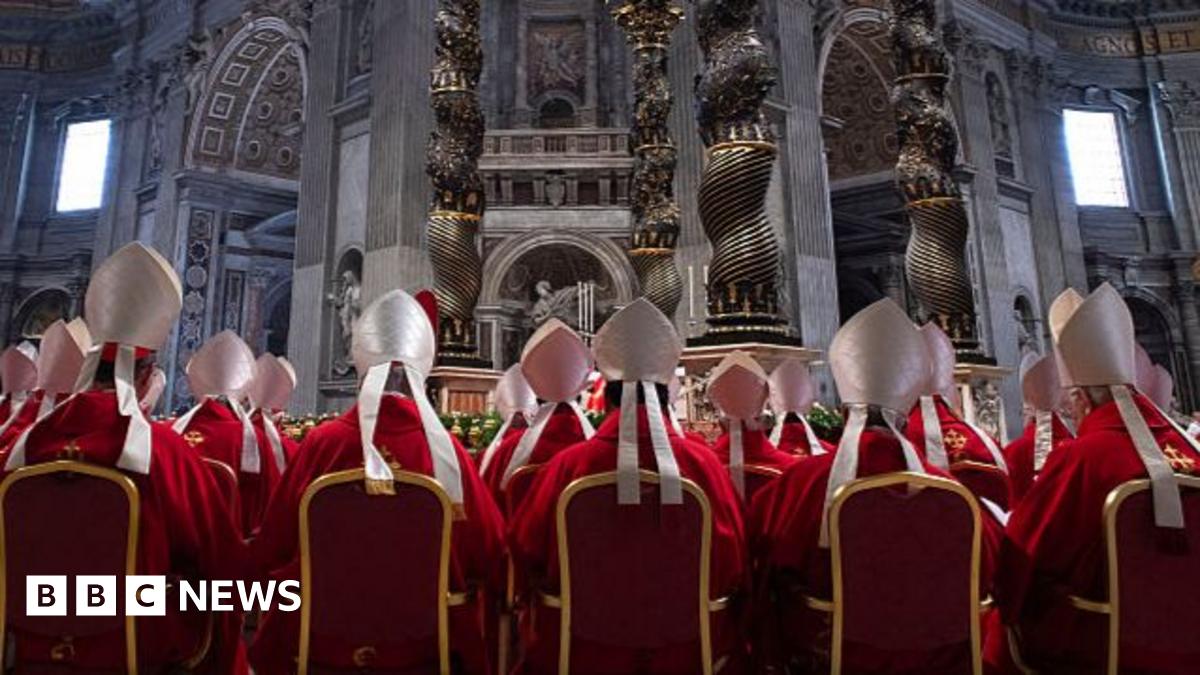
Welcome to your ultimate source for breaking news, trending updates, and in-depth stories from around the world. Whether it's politics, technology, entertainment, sports, or lifestyle, we bring you real-time updates that keep you informed and ahead of the curve.
Our team works tirelessly to ensure you never miss a moment. From the latest developments in global events to the most talked-about topics on social media, our news platform is designed to deliver accurate and timely information, all in one place.
Stay in the know and join thousands of readers who trust us for reliable, up-to-date content. Explore our expertly curated articles and dive deeper into the stories that matter to you. Visit Best Website now and be part of the conversation. Don't miss out on the headlines that shape our world!
Table of Contents
Conclave Voting: Protecting the Secrecy of Papal Elections
The election of a new Pope, a process shrouded in secrecy and tradition, is a pivotal moment for the Catholic Church. The Conclave, the gathering of Cardinals to elect the successor to Saint Peter, is steeped in centuries of ritual and guarded by an unwavering commitment to secrecy. But how is this secrecy maintained in the modern age, and what measures are in place to protect the integrity of the Papal election process? This article delves into the fascinating world of Conclave voting and the sophisticated mechanisms safeguarding its secrecy.
A History Steeped in Secrecy:
The secrecy surrounding Papal elections isn't a recent development; it's a cornerstone of the process, dating back centuries. Historically, the lack of transparency aimed to prevent outside influence and ensure the cardinals could freely choose the most suitable candidate without fear of coercion or manipulation. This secrecy also protected the cardinals themselves from potential retribution or political repercussions. The importance of this secrecy is emphasized by the Papal oath of secrecy, which each cardinal takes before entering the Conclave.
Modern Measures for Secrecy:
While the basic principles remain the same, the methods employed to ensure secrecy have evolved. Modern Conclaves utilize sophisticated techniques to prevent leaks and maintain confidentiality. These include:
- Strict Communication Controls: Cell phones, internet access, and other forms of electronic communication are strictly prohibited within the Conclave's confines. Communication with the outside world is severely restricted.
- Secure Ballot System: The voting process itself is meticulously designed to ensure anonymity. Ballot papers are specially prepared, and the counting process is rigorous and overseen by trusted officials. The ballots are burned after each round of voting, a symbolic act highlighting the finality of each decision.
- The "Smoke Signals": The iconic white or black smoke signals signaling the election of a Pope or a continued deadlock are a visible symbol of the Conclave's progress, though they don't reveal specific details about the voting process.
- Oath of Secrecy: The oath of secrecy taken by all participants, including staff and support personnel, is legally binding and strictly enforced. Violation of this oath carries severe consequences.
- Physical Security: The Sistine Chapel, the location of the Conclave, is secured with state-of-the-art security measures to prevent unauthorized access and surveillance.
Challenges to Secrecy in the Digital Age:
Despite these measures, maintaining absolute secrecy in the digital age presents ongoing challenges. The sheer number of people involved, coupled with the potential for sophisticated surveillance techniques, requires constant vigilance and adaptation. The Vatican continuously reviews and updates its security protocols to counter potential threats and maintain the integrity of the Conclave.
The Importance of Secrecy:
The secrecy surrounding the Papal election is not simply a matter of tradition; it's vital for the legitimacy of the process. It ensures the freedom of conscience for the Cardinals, allows for open and honest deliberation, and protects the integrity of the Church's leadership selection.
Conclusion:
The Conclave's commitment to secrecy is a testament to the enduring importance of tradition and the need to safeguard a process of such profound significance for the Catholic world. While modern challenges exist, the Vatican continues to adapt and refine its methods to maintain the sanctity and confidentiality of Papal elections, ensuring the free and uninfluenced selection of the next Pope. Learn more about the history of Papal elections . Understanding this process helps us appreciate the weight and significance of this crucial event in Catholic history.

Thank you for visiting our website, your trusted source for the latest updates and in-depth coverage on Conclave Voting: Protecting The Secrecy Of Papal Elections. We're committed to keeping you informed with timely and accurate information to meet your curiosity and needs.
If you have any questions, suggestions, or feedback, we'd love to hear from you. Your insights are valuable to us and help us improve to serve you better. Feel free to reach out through our contact page.
Don't forget to bookmark our website and check back regularly for the latest headlines and trending topics. See you next time, and thank you for being part of our growing community!
Featured Posts
-
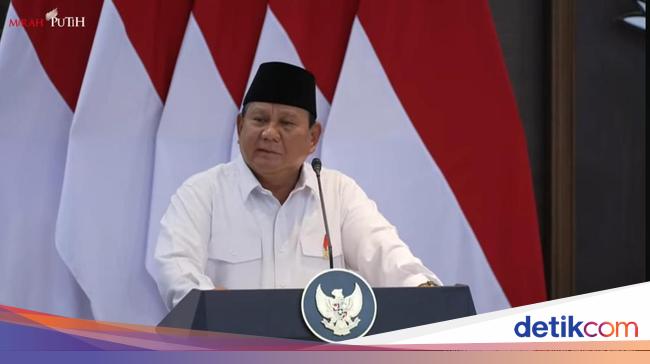 Soeharto Dan Jalan Damai Pandangan Prabowo Subianto
May 08, 2025
Soeharto Dan Jalan Damai Pandangan Prabowo Subianto
May 08, 2025 -
 Rumor Panas Keluarga Kim Sae Ron Singgung Masalah Kim Soo Hyun
May 08, 2025
Rumor Panas Keluarga Kim Sae Ron Singgung Masalah Kim Soo Hyun
May 08, 2025 -
 Deliveroo Exit What Does It Mean For The Uk Economy
May 08, 2025
Deliveroo Exit What Does It Mean For The Uk Economy
May 08, 2025 -
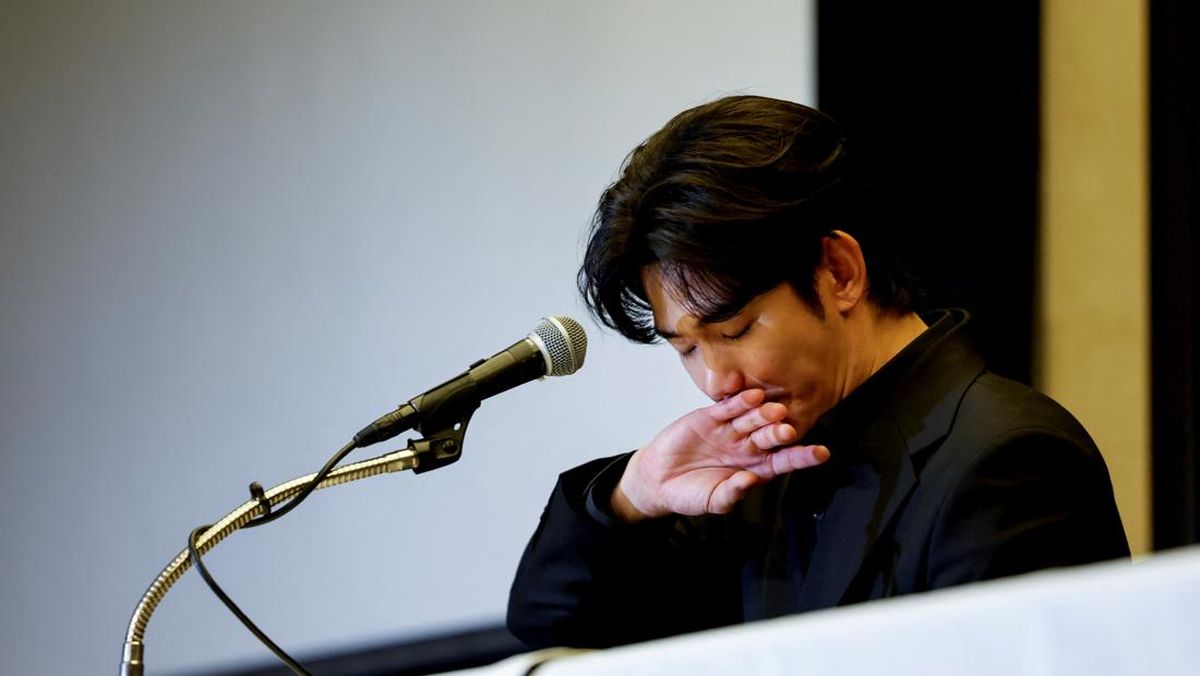 Sengketa Hukum Keluarga Kim Sae Ron Ajukan Gugatan Terhadap Kim Soo Hyun
May 08, 2025
Sengketa Hukum Keluarga Kim Sae Ron Ajukan Gugatan Terhadap Kim Soo Hyun
May 08, 2025 -
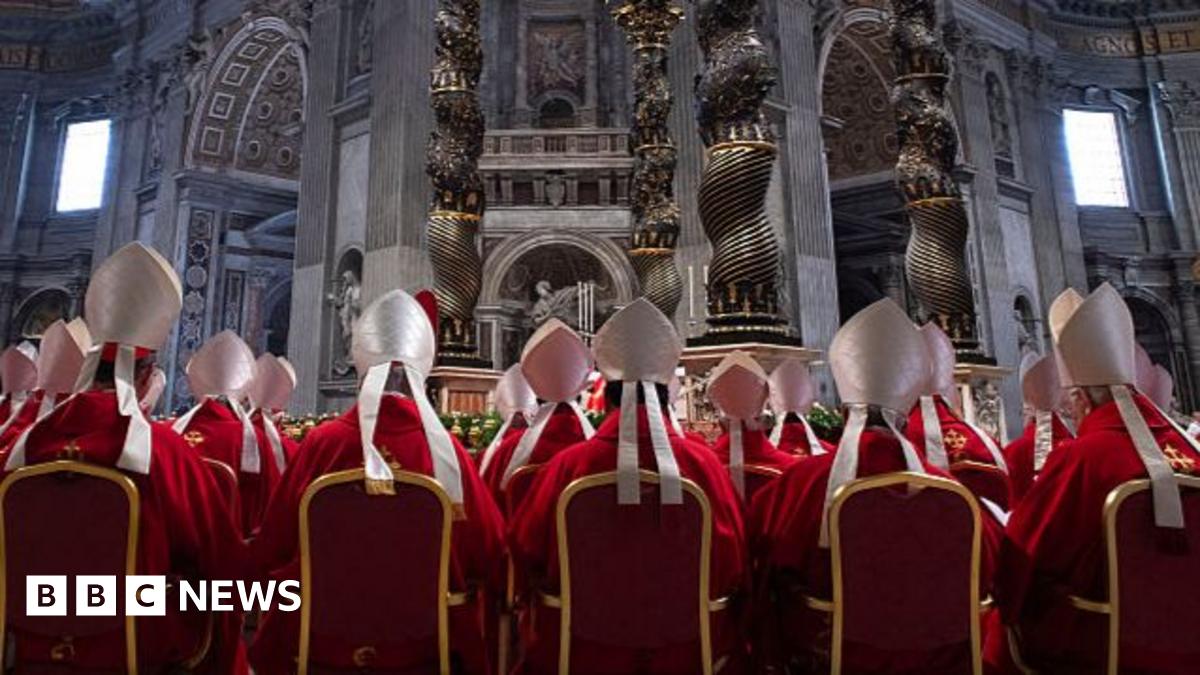 Vatican Conclave How Papal Elections Ensure Anonymity
May 08, 2025
Vatican Conclave How Papal Elections Ensure Anonymity
May 08, 2025
Latest Posts
-
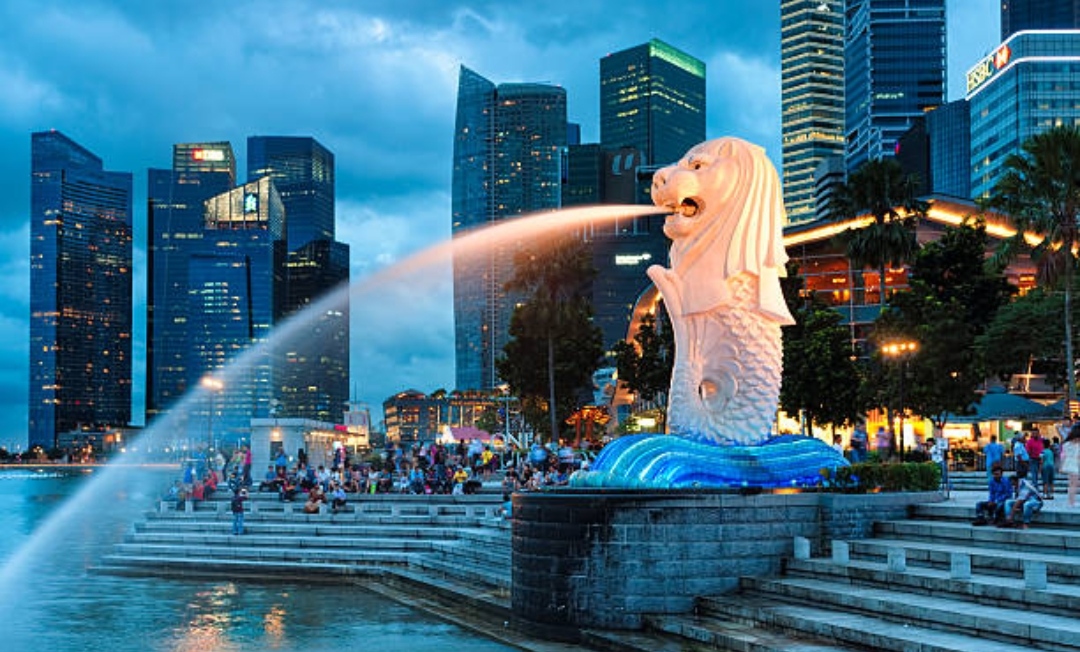 Pengaruh Budaya Bugis Terhadap Pembentukan Singapura Awal
May 08, 2025
Pengaruh Budaya Bugis Terhadap Pembentukan Singapura Awal
May 08, 2025 -
 Government Minister Addresses Winter Fuel Cuts Role In Election Defeat
May 08, 2025
Government Minister Addresses Winter Fuel Cuts Role In Election Defeat
May 08, 2025 -
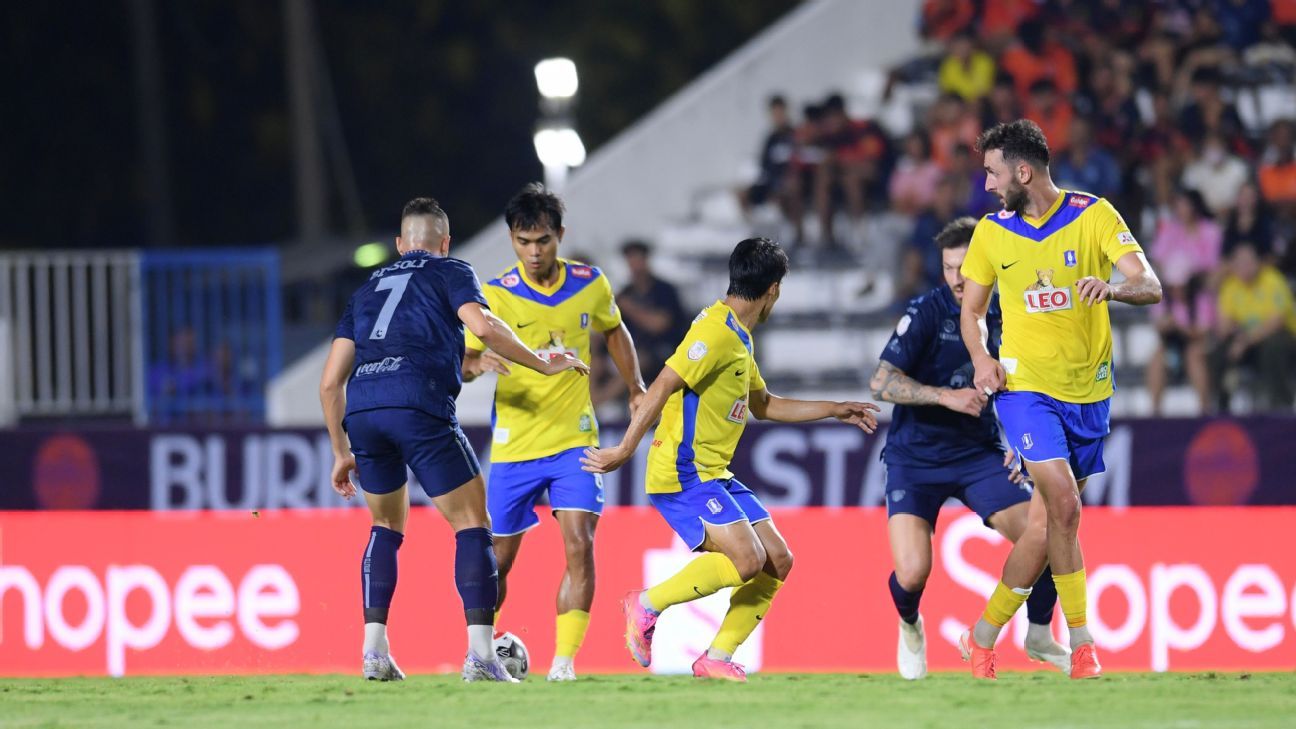 Bgpu Vs Buriram The Fight For Regional Football Supremacy
May 08, 2025
Bgpu Vs Buriram The Fight For Regional Football Supremacy
May 08, 2025 -
 Drama Korea Spring Of Youth Kisah Idol Yang Memikat Perankan Siapa Saja
May 08, 2025
Drama Korea Spring Of Youth Kisah Idol Yang Memikat Perankan Siapa Saja
May 08, 2025 -
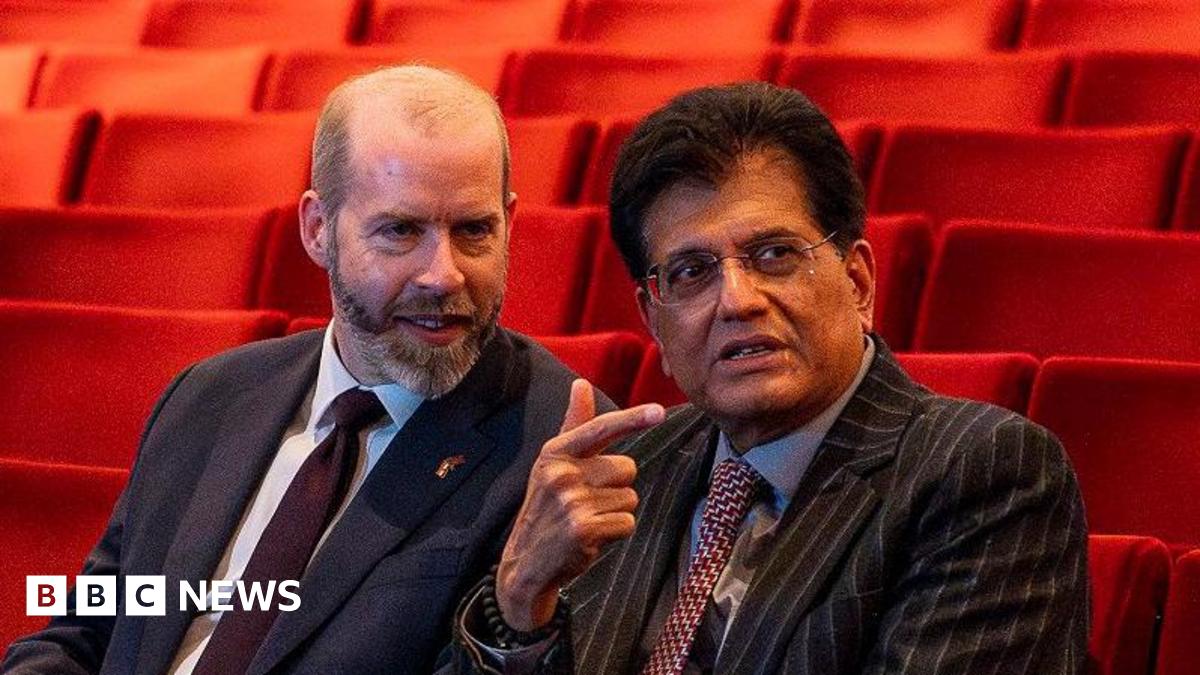 Uk And India Finalize Landmark Trade Deal Key Highlights
May 08, 2025
Uk And India Finalize Landmark Trade Deal Key Highlights
May 08, 2025 -
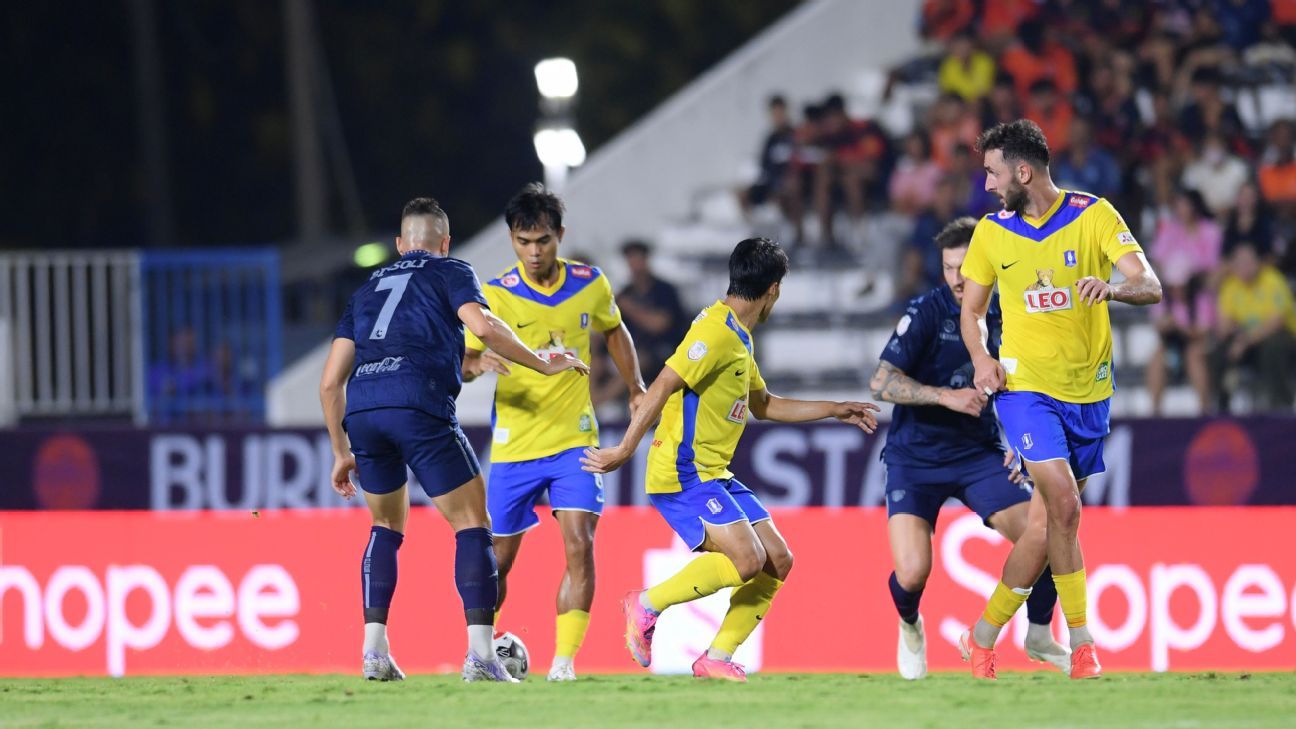 Can Bgpu Halt Buriram Uniteds Rise To Regional Football Dominance
May 08, 2025
Can Bgpu Halt Buriram Uniteds Rise To Regional Football Dominance
May 08, 2025 -
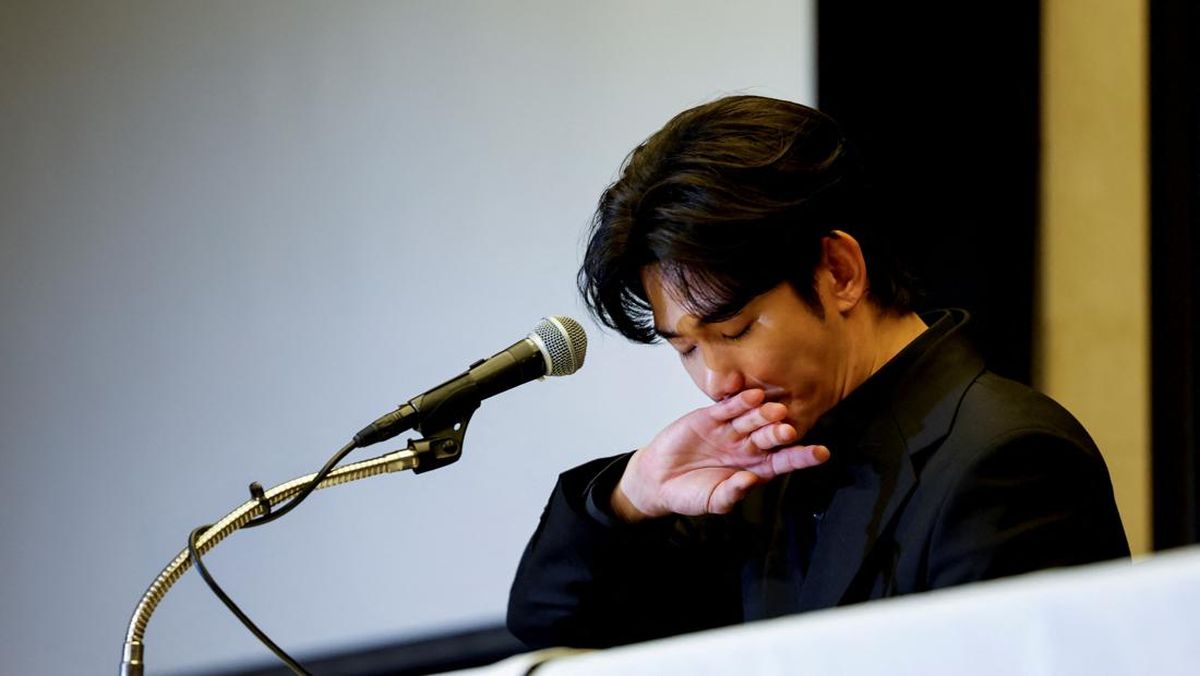 Kim Soo Hyun Digugat Keluarga Sae Ron Kasus Pelanggaran Undang Undang Anak
May 08, 2025
Kim Soo Hyun Digugat Keluarga Sae Ron Kasus Pelanggaran Undang Undang Anak
May 08, 2025 -
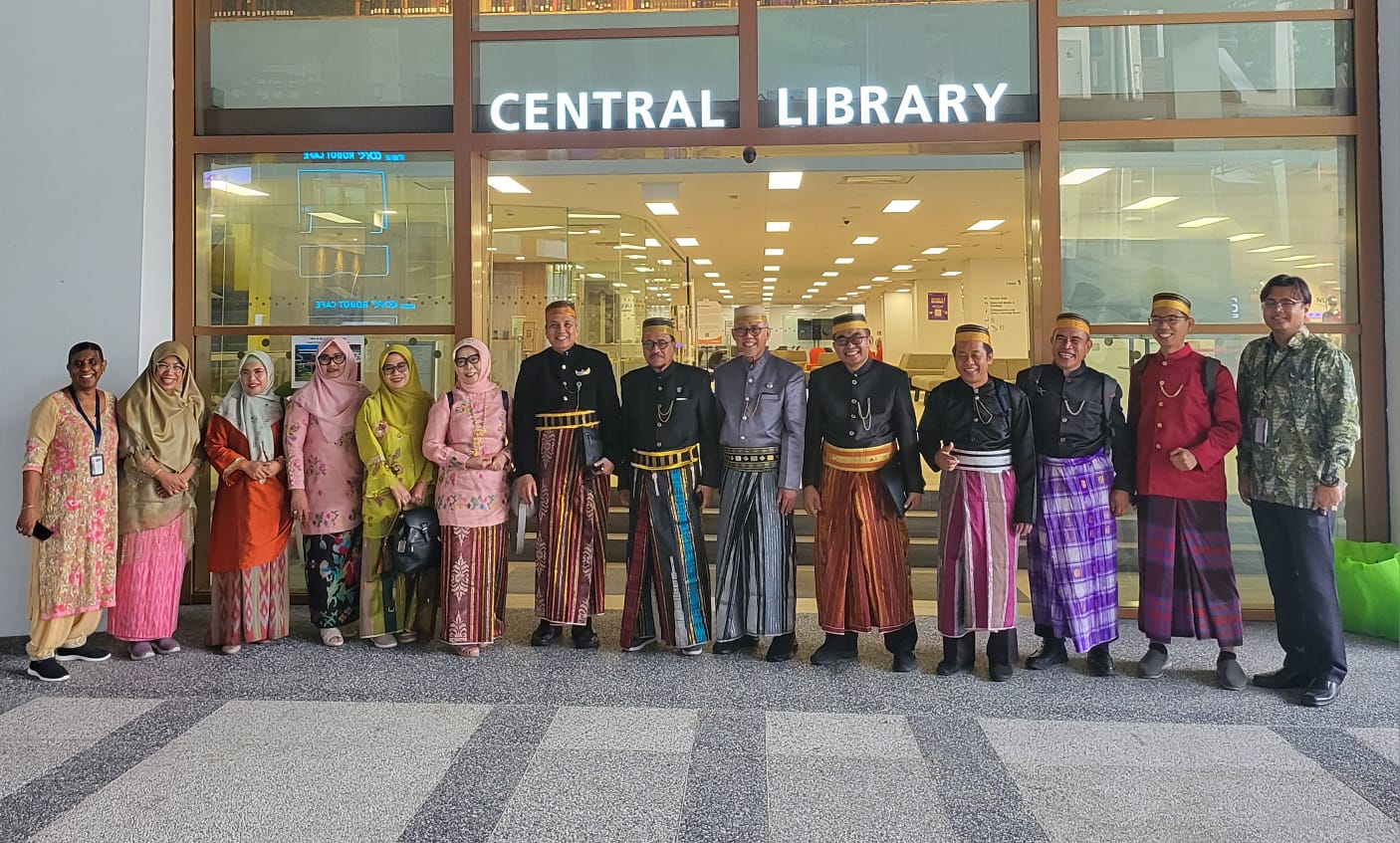 Shared Waters Seminar Internasional Di Singapura Tinjau Sejarah Maritim
May 08, 2025
Shared Waters Seminar Internasional Di Singapura Tinjau Sejarah Maritim
May 08, 2025 -
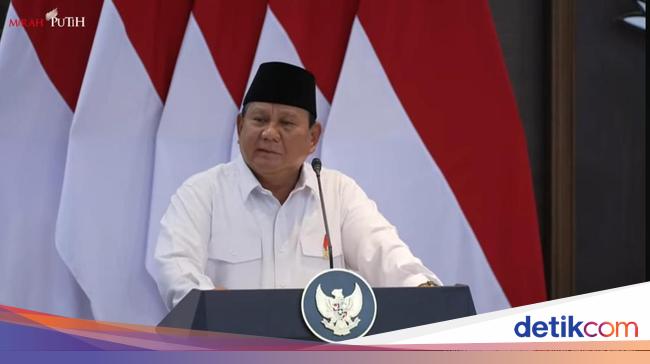 Pernyataan Prabowo Soeharto Dan Penolakannya Terhadap Kuasa Militer
May 08, 2025
Pernyataan Prabowo Soeharto Dan Penolakannya Terhadap Kuasa Militer
May 08, 2025 -
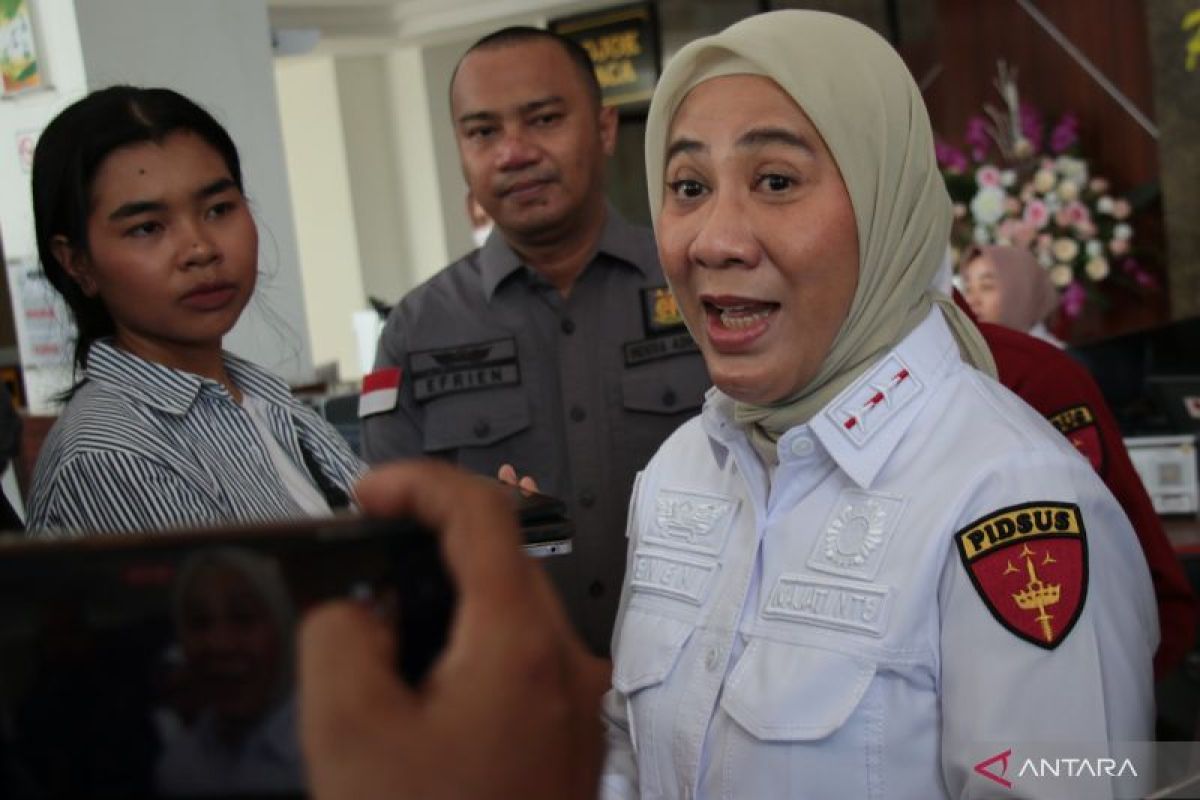 Pemeriksaan Tgb Ungkap Fakta Baru Kasus Ncc Penyidik Temukan Bukti Baru
May 08, 2025
Pemeriksaan Tgb Ungkap Fakta Baru Kasus Ncc Penyidik Temukan Bukti Baru
May 08, 2025
